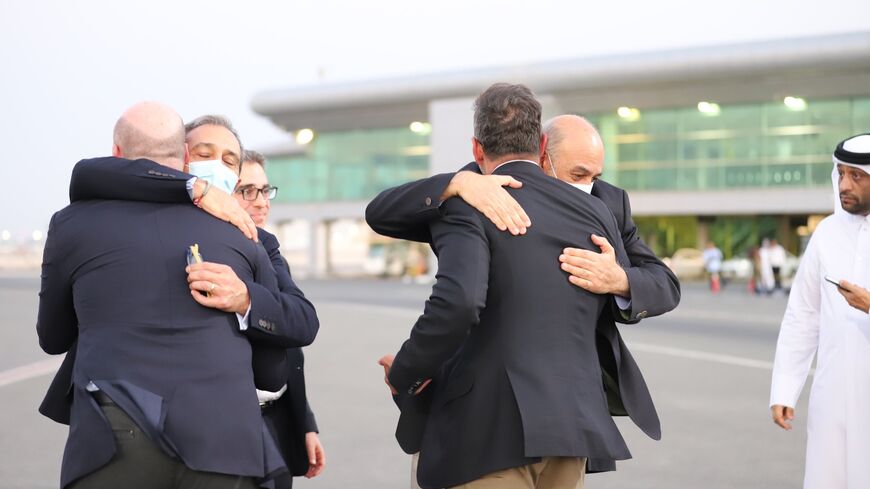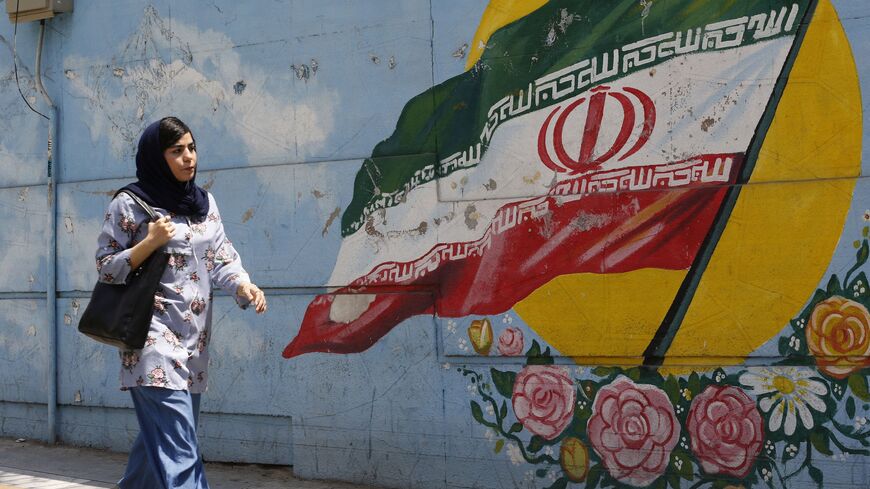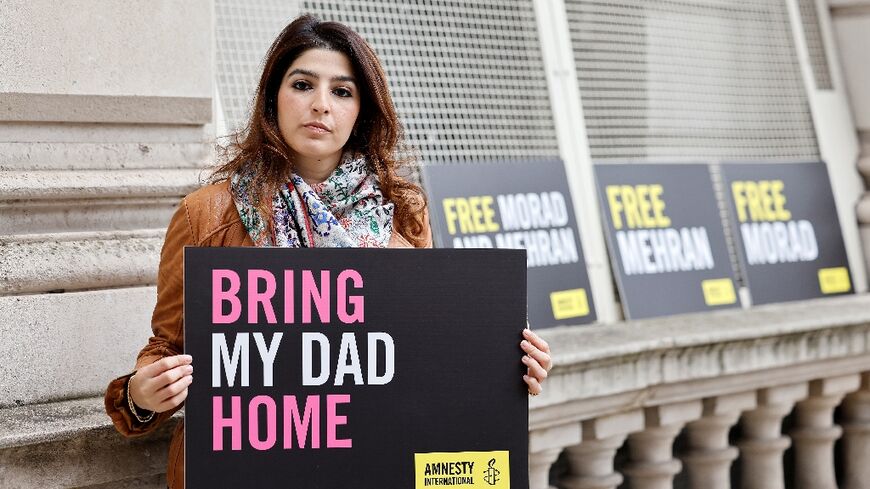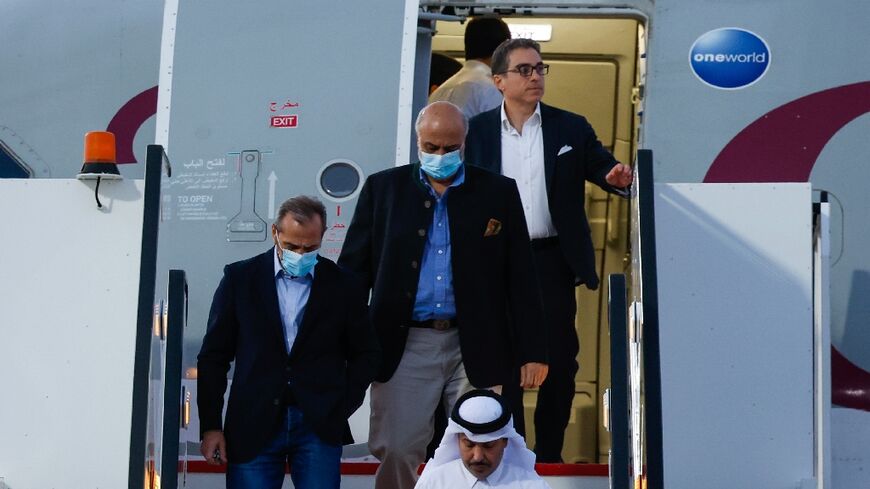White House says Iran deal is 'not ransom'
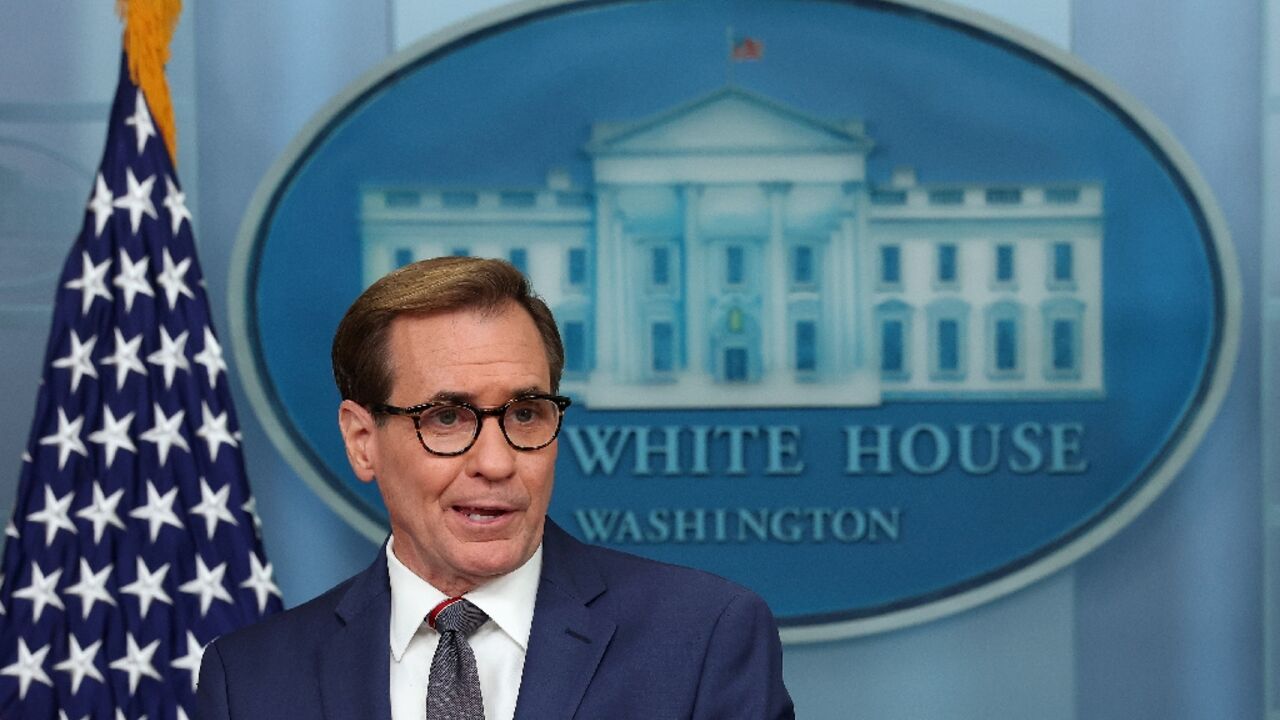
The White House denied Wednesday that the unfreezing of $6 billion of Iranian funds to help secure the release of five US citizens was effectively a ransom payment.
"This is not a payment of any kind. It's not ransom," said White House national security spokesman John Kirby, pushing back against criticism of the deal.
Kirby said the money will be held in a supervised account in Qatar that Tehran will have to submit requests to draw funds to be used strictly for humanitarian purposes.
The withdrawn funds will go directly to authorized suppliers of humanitarian goods like food and medicine, he stressed.
"The Iranian people will be the beneficiaries of these funds, not the regime" in Tehran, he said.
"If Iran tries to divert the funds, we will take action and will lock them up again," he added.
Earlier this week US officials confirmed the agreement with Tehran, in which each side would release five of detained or imprisoned nationals of the other.
In addition, the United States will create an exception in its sanctions regime to permit South Korea to remit the $6 billion in payment for oil purchases from Iran sales that Seoul had held back.
While the outlines of the deal are known, Kirby would not say when the exchange of detainees would take place.
He said the next key step would be the notification of the transfer of the funds.
"They are still in Tehran, our Americans; they are not home," he said.
The five -- all considered Iranian nationals by Tehran, which rejects dual nationality -- were released to house arrest when the deal was agreed last month.
They are expected to fly out through Qatar once the $6 billion is remitted to the Qatar bank.
He stressed the US was not lifting any sanctions on Iran with the deal, and denied that Iran was getting more out of the agreement that the United States.
"Getting Americans home requires decisions, sometimes really tough decisions. It requires compromise," he said.
"We're comfortable in the parameters of this deal," he added.


